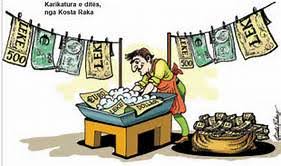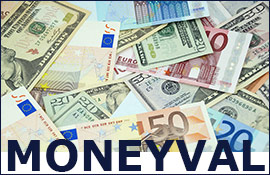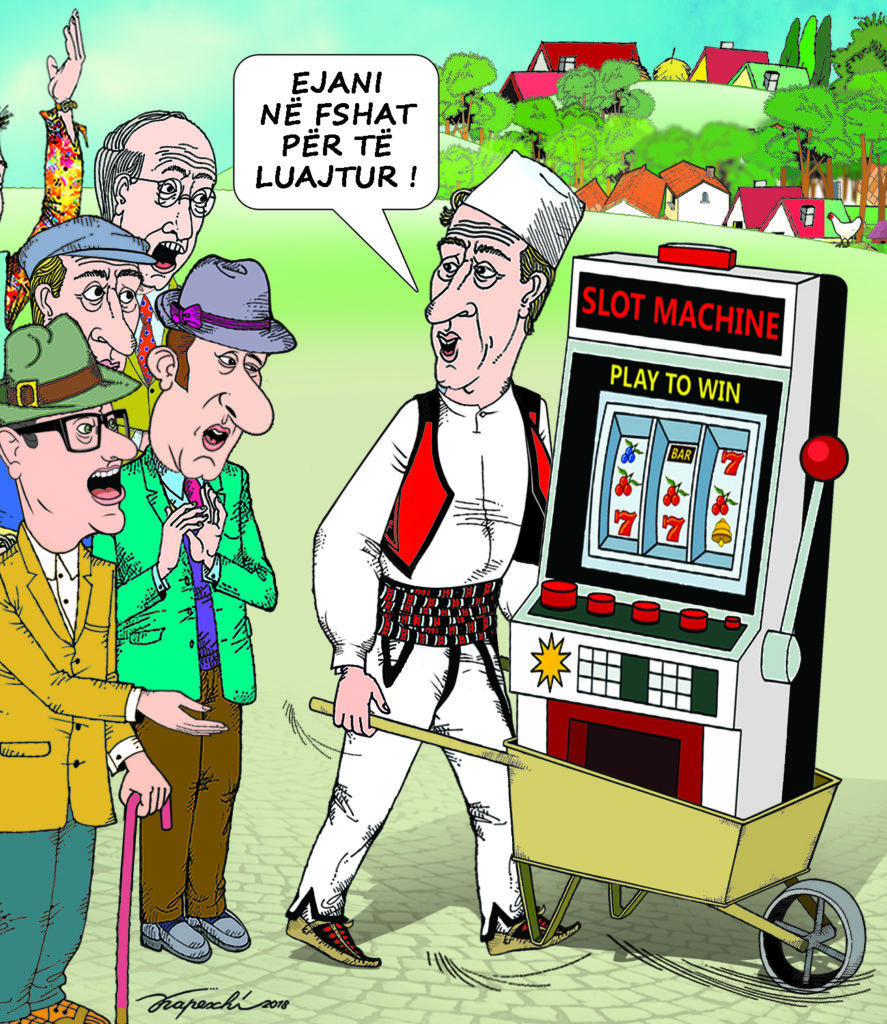

www.coe.int/moneyval
Albania should step up its efforts to combat money laundering, says Council of Europe report Strasbourg 17/12/2018 In a report published today, the Council of Europe anti money laundering body MONEYVAL calls on… Albania should step up its efforts to combat money laundering, says Council of Europe report Strasbourg 17/12/2018 In a report published today, the Council of Europe anti money laundering body MONEYVAL calls on… Albania should step up its efforts to combat money laundering, says Council of Europe report Strasbourg 17/12/2018






